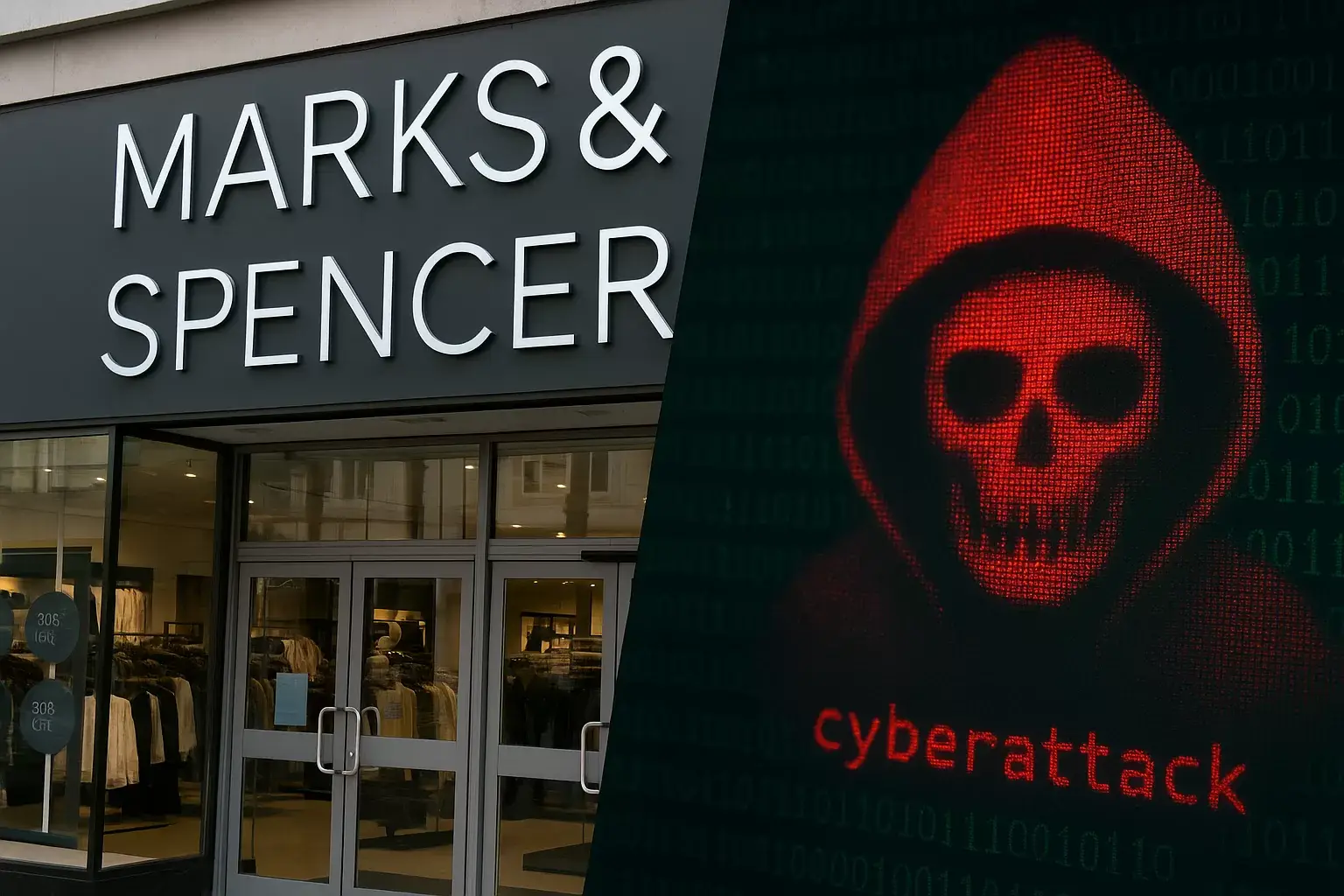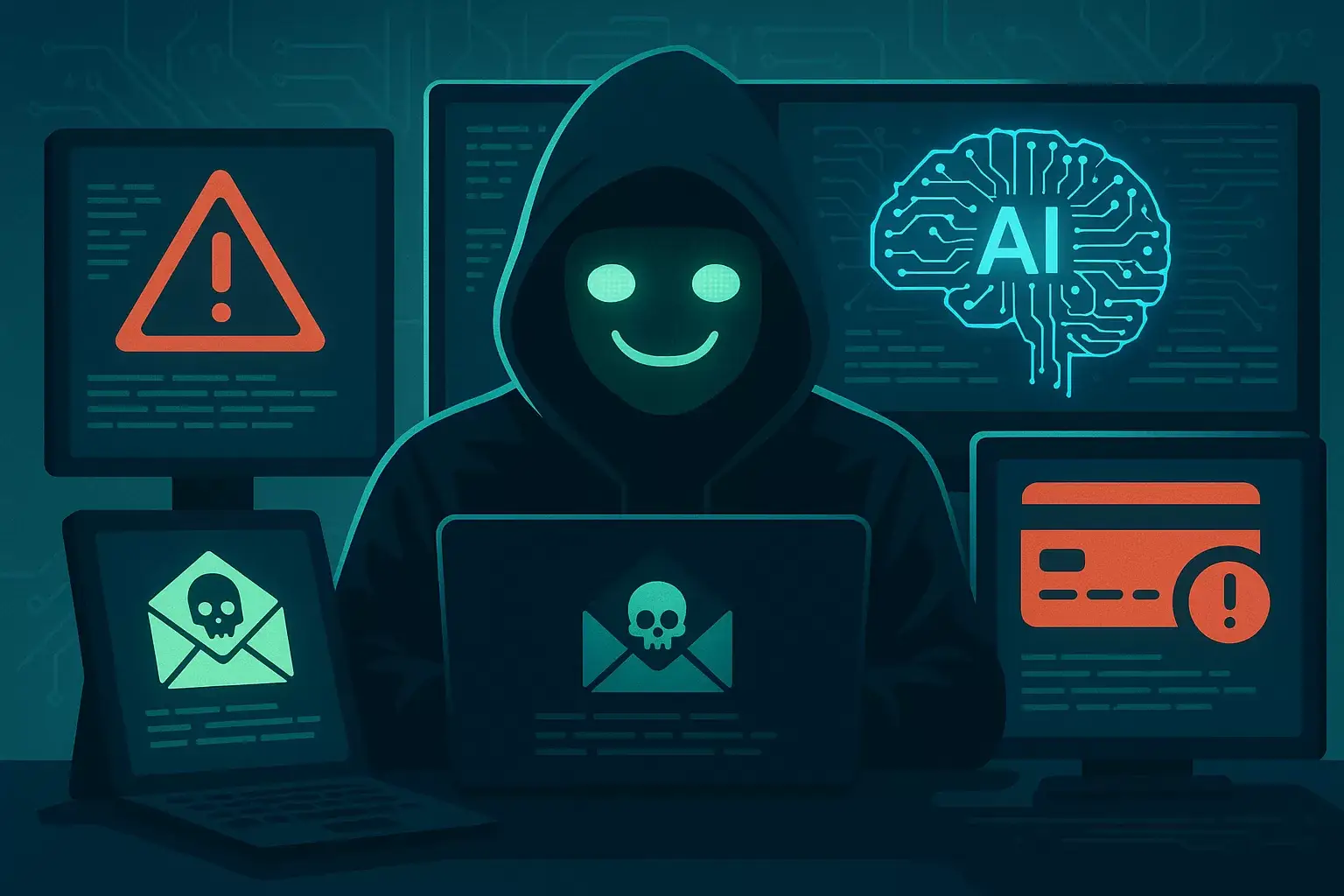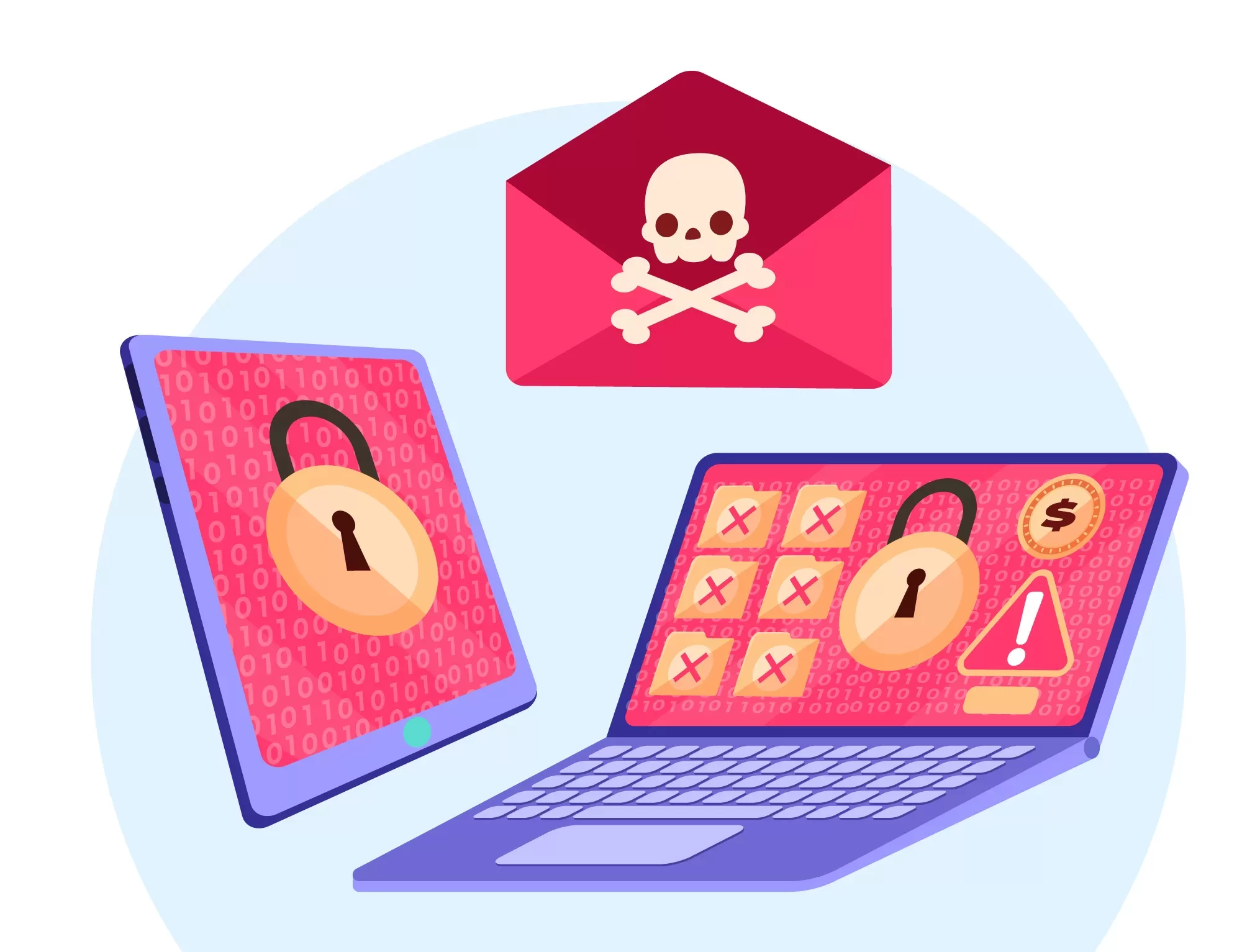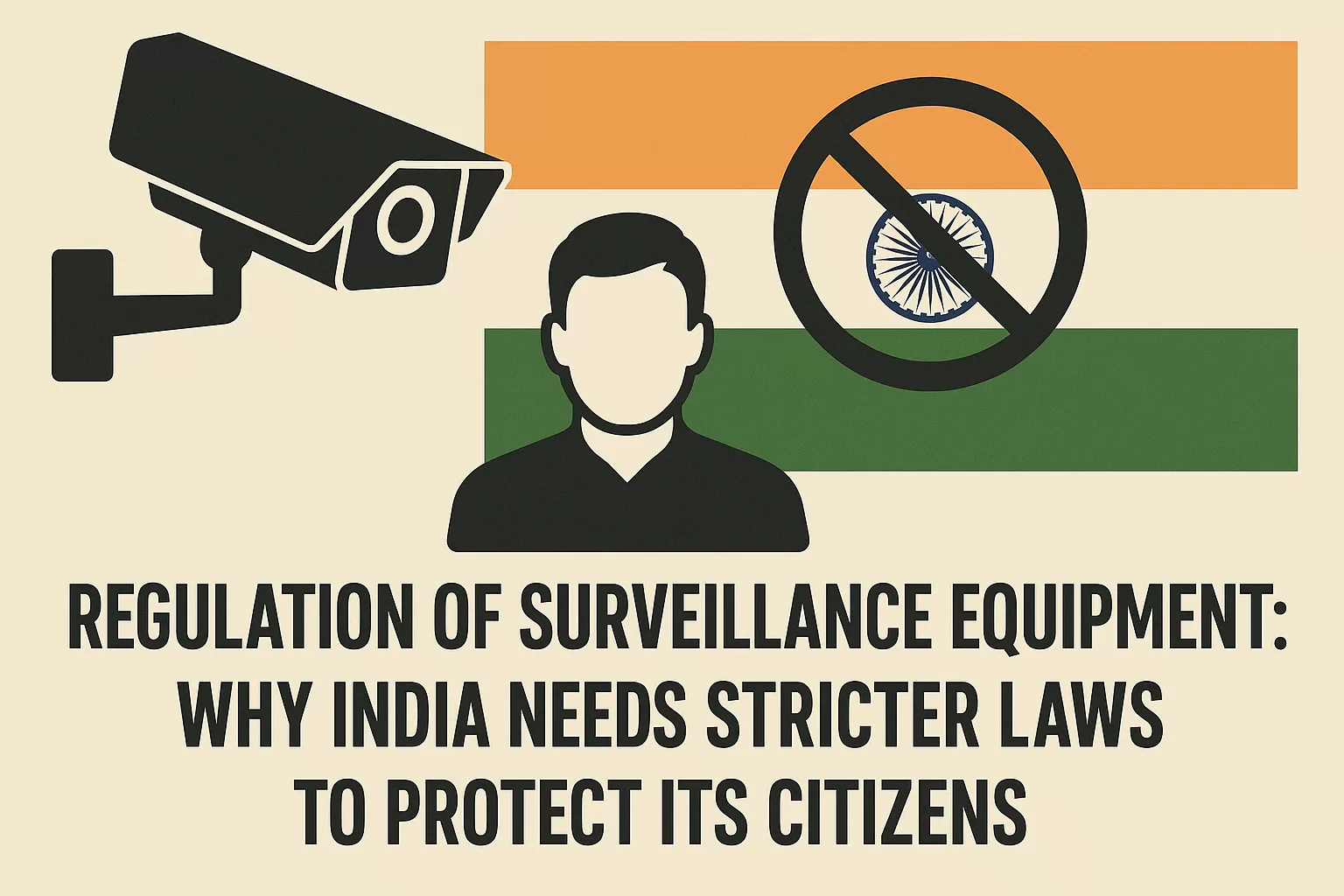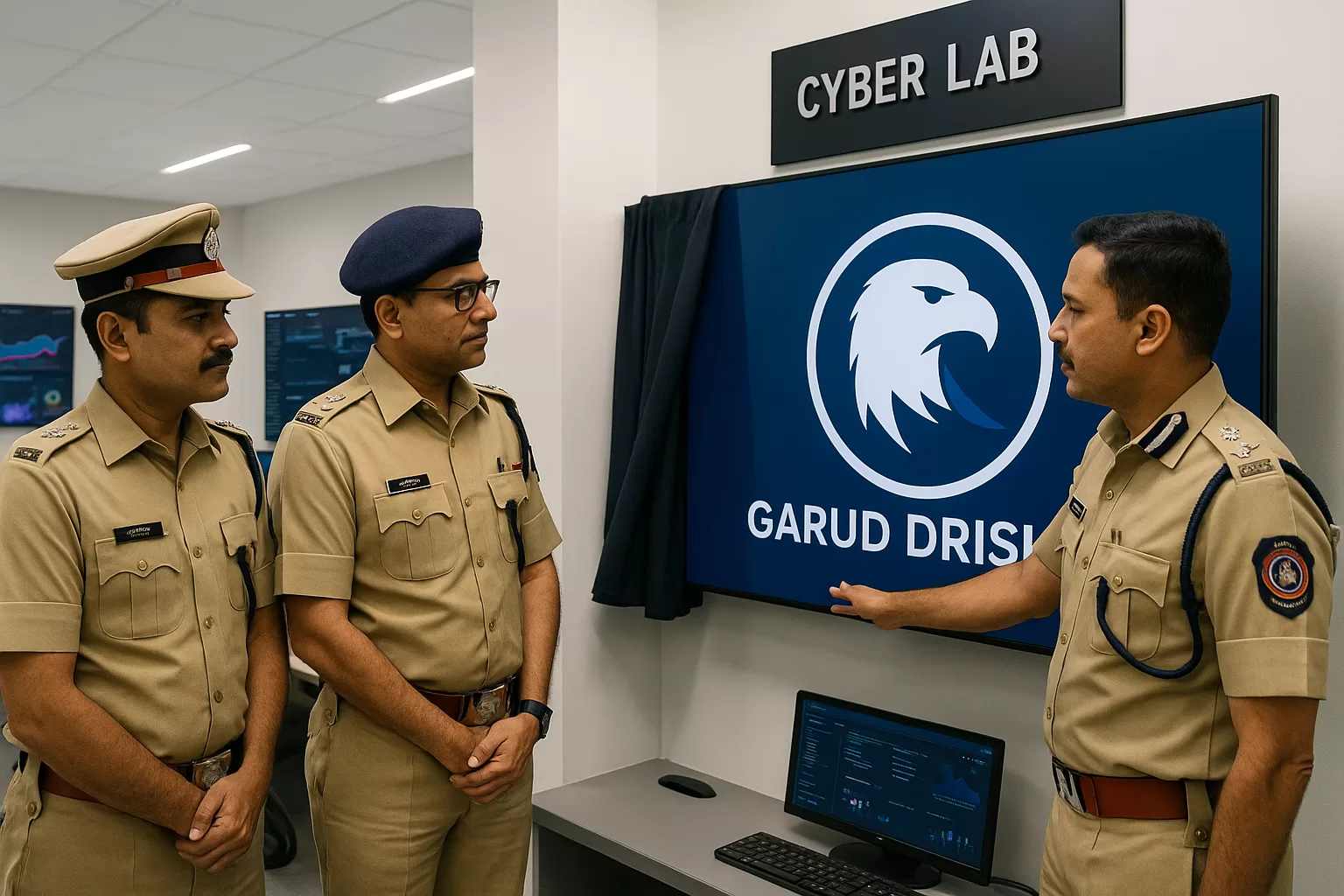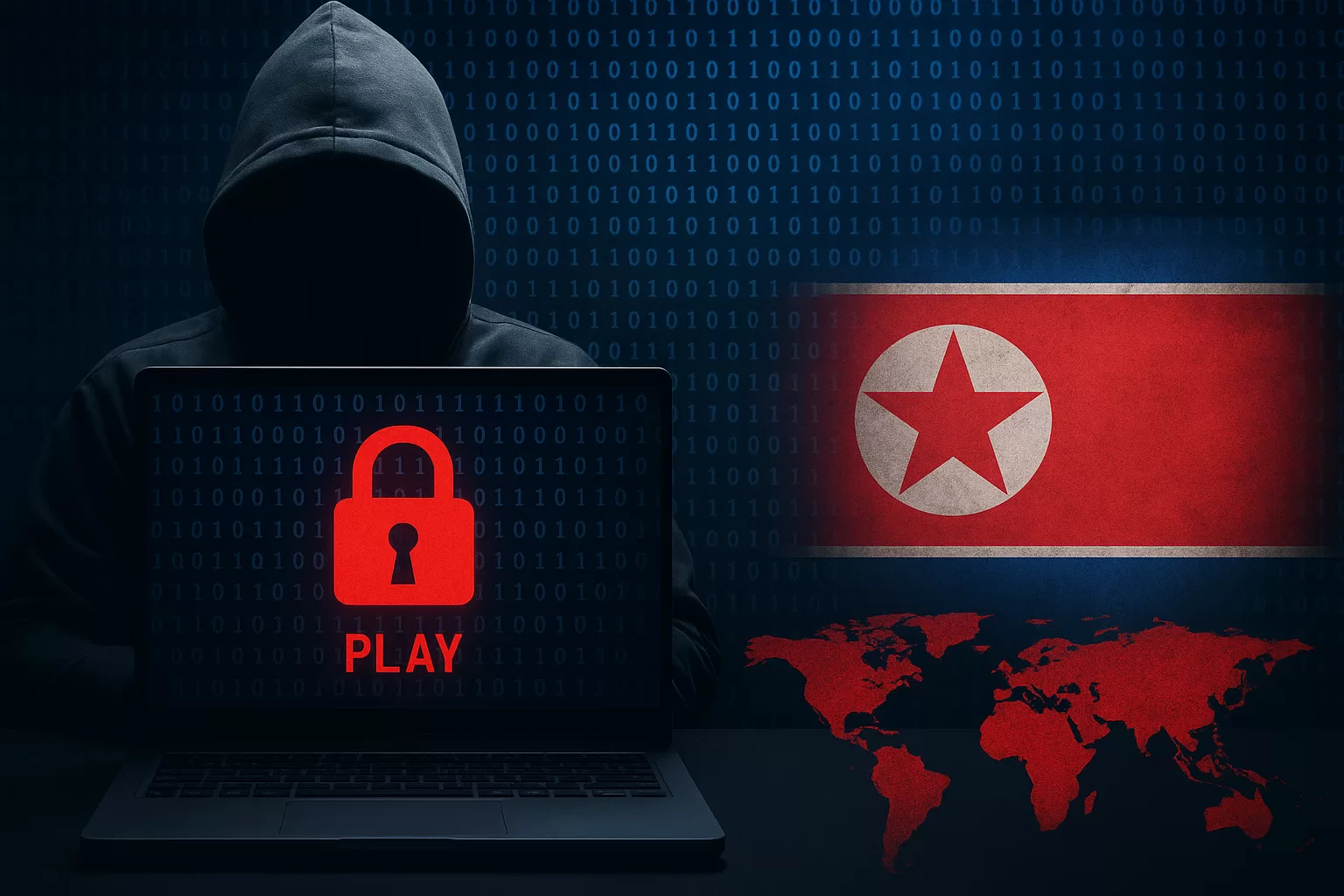
🧨 What’s Happening?
The FBI and CISA (Cybersecurity and Infrastructure Security Agency) have sounded the alarm on a sharp rise in ransomware attacks tied to a North Korean-backed hacking group. The attacks, known as “Play” ransomware, have impacted over 900 organisations across North and South America and Europe, hitting everything from hospitals and schools to government offices and energy providers.
These attacks are not just random. They’re well-planned, targeted, and pose a serious risk to public safety and national security.
🔍 Who’s Behind It?
Experts believe the attacks are linked to Lazarus Group, a North Korean state-sponsored hacker group infamous for cyber heists and ransomware operations. While North Korea denies any involvement, global intelligence agencies have traced many such digital fingerprints back to Pyongyang.
The Lazarus Group has previously been blamed for:
- The WannaCry attack (2017), which crippled health systems worldwide
- The Sony Pictures hack (2014)
- Several cryptocurrency thefts worth hundreds of millions of dollars
💣 What Is “Play” Ransomware?
“Play” ransomware gets its name from the file extension it leaves on infected systems. It locks important files, demands a ransom—often in Bitcoin—and threatens to leak or destroy sensitive data if not paid.
The group behind this latest surge uses:
- Phishing emails (with fake job offers, invoices, or legal notices)
- Vulnerabilities in outdated software
- Stolen passwords from unsecured networks
📍 Who’s Affected?
So far, victims include:
- A major hospital group in the U.S. is forcing patient care to go offline
- A municipal government in Germany, which had to shut down public services for days
- An energy provider in South America, raising fears of power supply disruptions
- Small and medium-sized businesses that lacked cybersecurity defences
The attacks are not limited to large corporations. Hackers are going after:
- Schools and colleges
- City councils
- Small healthcare clinics
- Law firms and local retailers
🧑💻 Real Story: The Cost of Clicking One Link
Earlier this year, a small accounting firm in Ohio fell victim after an employee clicked a link in a fake IRS email. The hackers encrypted all client records and demanded $50,000 in Bitcoin. The firm couldn’t recover its data—even after paying the ransom.
“We lost years of trust overnight,” said the owner. “I wish we had basic training in spotting scams. One click ruined everything.”
🛡️ How to Protect Yourself and Your Business
Whether you’re an individual, a freelancer, or running a company, ransomware doesn’t discriminate. Here are simple steps to stay safe:
✅ For Individuals
- Don’t click on suspicious links or attachments
- Update your software and antivirus regularly
- Use strong, unique passwords with 2-Factor Authentication (2FA)
- Back up important data on a separate device or cloud
- Be cautious on social media – hackers gather info from public posts
✅ For Businesses
- Conduct cybersecurity training for all employees
- Regularly patch systems and fix software vulnerabilities
- Restrict access to sensitive files (only give access if needed)
- Use endpoint protection tools and monitor network activity
- Create a response plan in case of a ransomware attack
🚨 If You Suspect an Attack
- Immediately disconnect from the internet
- Do not pay the ransom – there’s no guarantee you’ll get your files back
- Report the incident to local cybercrime units or the FBI Internet Crime Complaint Centre (IC3)
🌐 Final Thoughts
This isn’t just a tech issue—it’s a global security crisis. The North Korean regime is using cybercrime as a revenue stream to bypass sanctions and fund weapons programs.
“Cyberattacks are no longer the future—they’re the present,” said a CISA official. “Everyone has a role to play in keeping the digital world secure.”
As cyber threats become more sophisticated, awareness and proactive defence are our best weapons. Stay alert, stay informed, and never let your guard down.
📢 If you’ve been a victim of ransomware or want to share your story, write to us at [email protected].


